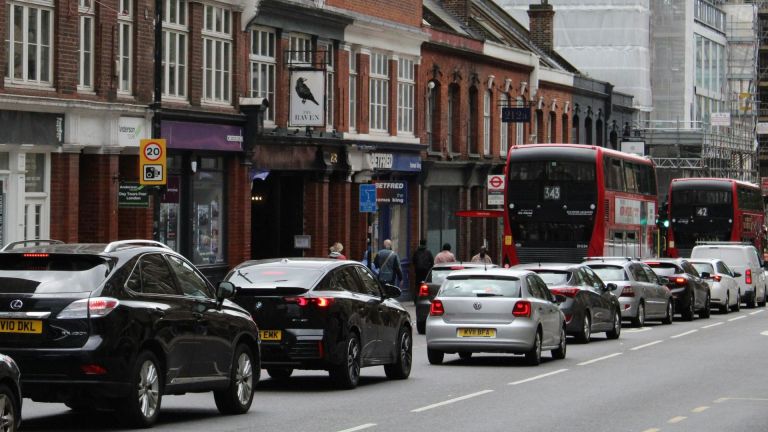Expanding the free school meals scheme would generate billions for the UK economy, new research has found, at a time when Liz Truss’s new government is promising to deliver economic growth.
The new analysis, commissioned by the Impact for Urban Health and analysed by PwC, revealed expanding the free school meals scheme to include every child in households on universal credit would “deliver significant economic benefits” over the next 20 years.
“The cost-of-living crisis is having an awful impact on children with many going hungry and not getting the nutrition they need to grow up healthily,” said Anna Taylor, executive director at the Food Foundation, which is using the research to launch a fresh call to expand the scope of free school meals following its campaigning with footballer Marcus Rashford throughout the pandemic.
“This is being seen by people across the country and our findings released today clearly demonstrate that the public believe that the government needs to do more to help these children. We strongly urge the government to listen and urgently act to ensure that our children in need are guaranteed at least one nutritious meal a day at school.”
- UK poverty: the facts, figures and effects in a cost of living crisis
- Child poverty in the UK: The definitions, details, causes, and consequences
- Food poverty in the UK: The causes, figures and solutions
For every £1 invested in providing free school meals to all children in households on universal credit, £1.38 would be returned over the next 20 years through “core benefits” across social, health and educational areas, according to the research.
This would result in £8.9 billion for the economy in core benefits, helping with savings in schools, increased lifetime earnings and contributions, increased savings on food costs for families and savings for the NHS.










